This Ethiopian Limu Biftu Gudina is a fully washed specialty coffee sourced via Nordic Approach with logistical assistance from Rosetta.
Ethiopia
Original Arabica trees can be traced to modern-day Southern Sudan and Ethiopia. This area would have been part of the original Abyssinia. Ethiopia, once part of the ancient region known as Abyssinia, is often considered the birthplace of coffee.
Ethiopia is the only country today that calls coffee “Bunna.” All other countries, including the Arabian-based countries, call it coffee (probably a derivative of Yahweh). However, Ethiopia is credited as the country of origin of Arabica coffee.
Limu, Ethiopia
Like most Ethiopian coffees, Limu (also spelt Limmu) is a region known for its coffees that grow wild in the forests. Typically, coffee from Limu is collected from small holdings attached to or close to the forests in the Kaffa region.
Kata Muduga Farmers’ Cooperative
The Kata Muduga Farmers’ Cooperative Union, established in August 2016, has grown significantly from its initial 20 primary cooperatives to include 48 primary cooperatives with over 40,000 small-scale coffee farmers. Located in Agaro town, about 45 km from Jimma and 397 km from Addis Ababa, the cooperative thrives in the highland landscapes of South Western Ethiopia, specifically in the Oromia Regional State of Jimma Zone.
Coffee Production and Quality
The cooperative produces and exports specialty washed, natural, and special prep coffee lots. The coffee grows at altitudes ranging from 1800 to 2400 meters above sea level, benefiting from temperatures between 12-24°C and annual rainfall of 1700-2200 mm. This unique climate contributes to the distinct flavour profiles of their coffees.
Certifications and Practices
Kata Muduga Farmers’ Cooperative Union ensures high-quality coffee production and fair trade practices. The cooperative undergoes annual audits and certifications for its specialty coffee production. Serving as an administrative and marketing liaison, the union connects member cooperatives with specialty coffee buyers, promoting sustainable and ethical coffee farming.
Bersema Farmers
The Kata Muduga Farmers’ Union manages the Biftu Gudina cooperative, along with the Nano Challa cooperative. Farmers cultivate cherries from this lot on a farm spanning 284.78 hectares at an elevation of 1,914 metres above sea level. The soil, classified as silt loam, has high humus content and is slightly acidic. It exhibits a friable red to dark colour. Natural forest vegetation surrounds the farm, providing shade for the coffee plants to thrive. On average, the farm has 1,500 to 2,800 trees.
Harvest & Post-Harvest
Farmers harvest the cherries and sort them using water to remove any floaters, supplemented by manual sorting. They use flotation tanks, typically cemented or occasionally metal containers, for this process. Workers pulp the cherries using PENAGOS equipment, known for minimal water usage and water recycling components. They remove mucilage mechanically, with some slight soaking as needed, and soak the coffee for 8-12 hours. Skin drying occurs over 8-14 hours. Workers then transfer the coffee to raised beds or tables made from local materials like bamboo wood, positioned at an average height of 1-1.2 metres. This drying process lasts from 7 to 11 days. Workers store the coffee on cemented floors within a warehouse dedicated to conditioning of parchment for a minimum of 12 hours before packaging. They carefully separate each lot by time and space, implementing a coding and numbering system for identification and tracking purposes.
Impact
Technoserve, an NGO that supports farmers in setting up washing stations and new cooperative structures, established the Biftu Gudina Cooperative. We visited their first site in 2012 when it was still under construction and immediately promised to buy their coffees. Today, the cooperative has two washing stations and more than 600 members. From the beginning, they used eco pulpers and implemented water treatment, established farmer training programs, and developed traceability systems.
Limu Biftu Gudina Lot 7
The mill Biftu Gudina Site #1 is overseen by the Kata Muduga Farmers’ Cooperative Union, situated in the Barsoma Kebele of Geera District, Jimma Zone.
Here are the details of this coffee:
Starting brews
| Brew Method | Ratio | Brew Method | Ratio | |
|---|---|---|---|---|
| Espresso | 1:2.2 (at least 4 days from roast) | AeroPress | 17g:200g | |
| Plunger | 50g:800g | Pour over/filter | 20g:300g |
Transparency Information
| Sourced from | Nordic Approach. |
|---|---|
| FOB price | $11.13 + $0.05 (docs) & R20/kg shipping |
| Cupping score | 84.75 (Nordic Approach) |
| Producer / Organisation | Biftu Gudina Site, overseen by the Kata Muduga Farmers’ Cooperative Union. |
| lot size bought | We purchased 60kgs, that is all we could get. |
| Relationship | Our second coffee from this cooperative. We previously offered Limu Kossa. |
Sources
- Nordic approach info sheets.
- James Hoffman’s Atlas of Coffee.


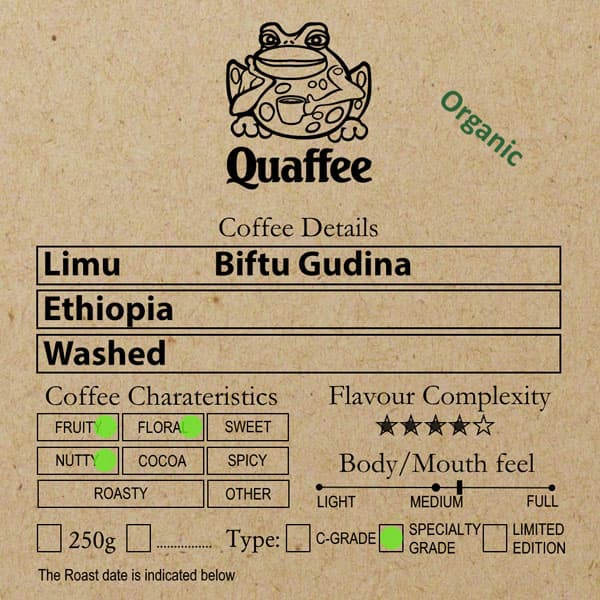
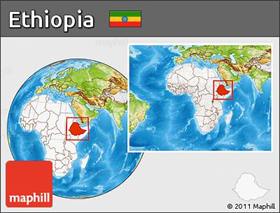
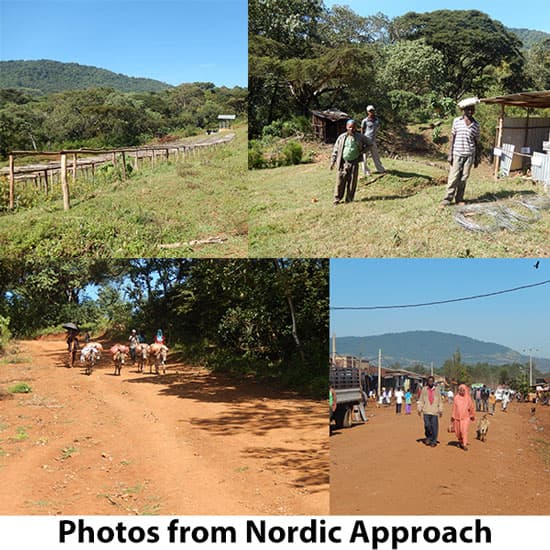
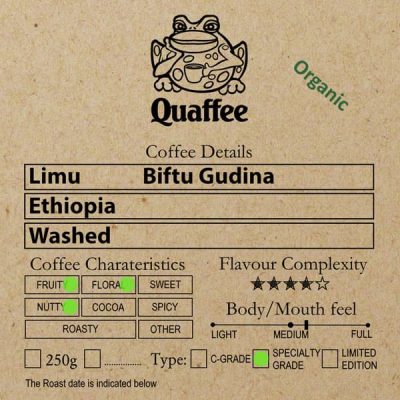
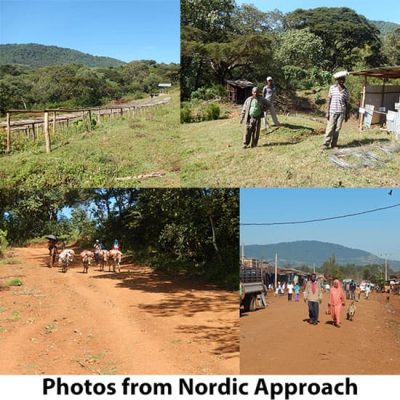
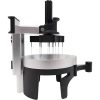
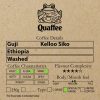
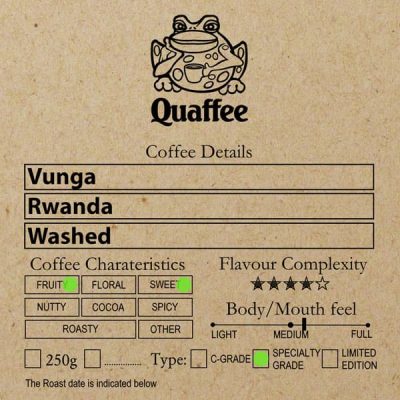
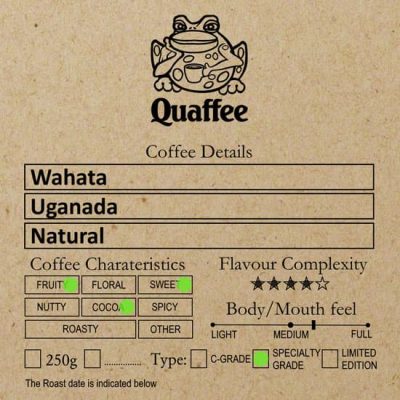
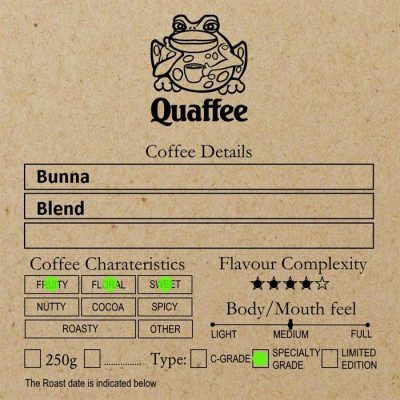
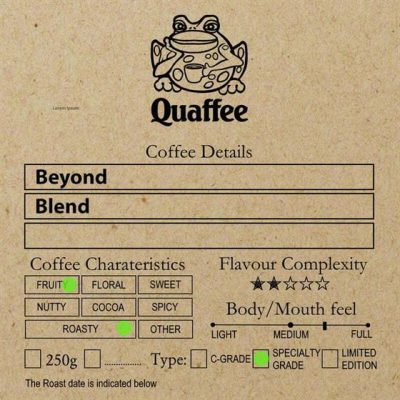
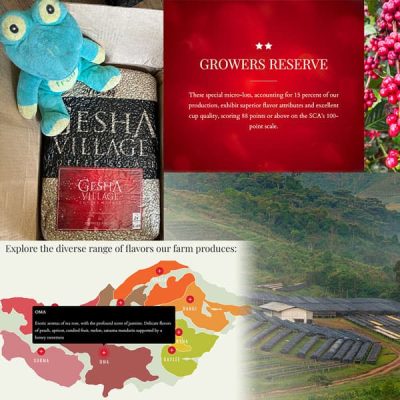

Reviews
There are no reviews yet.